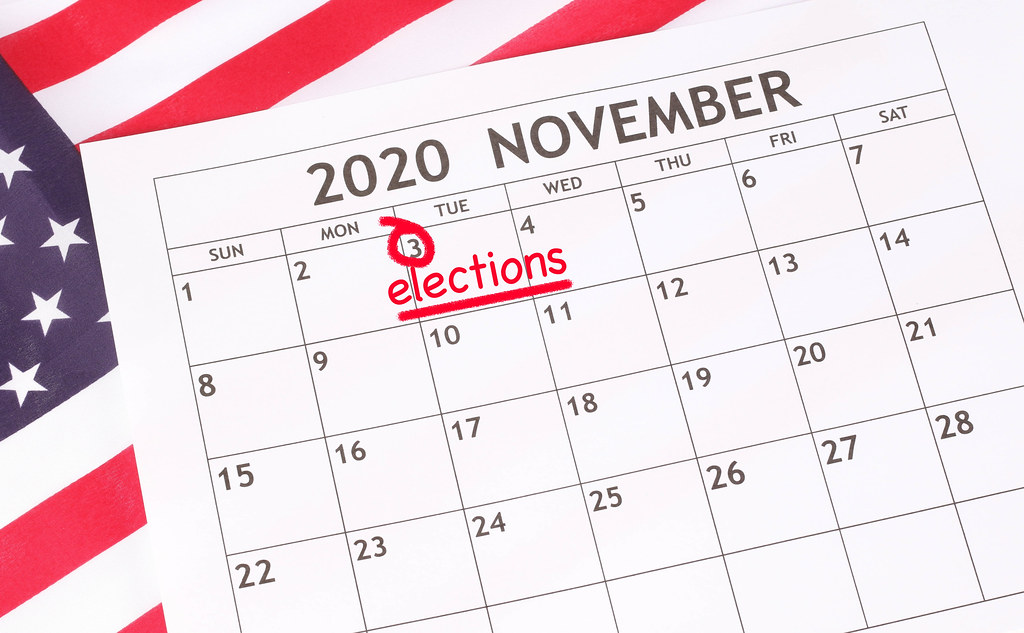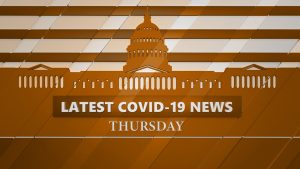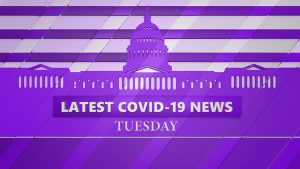April 3, 2020
By Robert S. McCaw, CAIR Director of Government Affairs Department
In light of the nationwide Coronavirus outbreak, many states have postponed their primary elections or are transitioning to a vote-by-mail alternative. Since last week, several more states have changed their election deadlines.
CAIR is encouraging all Americans, including Muslims, to responsibly practice social distancing and participate in state primary elections by taking advantage of – where possible – early voting by mail or vote-by-mail alternatives.
Tonight and on Monday, CAIR will broadcast night-before-election automated call reminders to registered Muslim voter households in Alaska and Wisconsin.
Subject to change, below are the most up to date state primary election dates and details:
- Alaska has altered its April 4 primary to a vote-by-mail process.
- Wisconsin’s April 7 primary remains as scheduled and will be held vote-by-mail.
- UPDATED: Wyoming’s April 4 Democratic primary has postponed until April 17 and will be held vote-by-mail.
- UPDATED: Ohio has extended the state’s March 17 primary to absentee voting by mail through April 28.
- UPDATED: Kansas’s May 2 primary remains as scheduled and be held entirely by mail.
- Nebraska‘s primary remains scheduled for May 12. All registered voters will be mailed an application form to vote in the primary.
- Georgia’s March 23 primary has been postponed until May 19. However, the election may be moved to a later date.
- Idaho’s primary will be held on May 19 and will be held vote-by-mail and ballots must be received by June 2.
- Oregon’s May 19 primary remains as scheduled.
- UPDATED: Hawaii Democratic Party canceled April 4 in-person voting and extended the deadline for mail-in ballots to May 22.
- Connecticut’s April 28 primary has been postponed until June 2.
- Delaware’s April 28 primary has been postponed until June 2.
- District of Columbia’s June 2 primary remains as scheduled.
- Indiana’s May 5 primary has been postponed until June 2.
- Maryland’s April 28 primary has been postponed until June 2.
- Montana’s June 2 primary remains as schedule and the state’s governor has issued a directive allowing all state counties to conduct all vote-by-mail elections and to increase early voting.
- New Jersey’s June 2 primary remains as scheduled.
- New Mexico’s June 2 primary remains as scheduled.
- Pennsylvania’s April 28 primary has been postponed until June 2.
- Rhode Island’s April 28 primary has been postponed until June 2.
- South Dakota’s June 2 primary remains as scheduled.
- UPDATED: West Virginia’s May 12 primary has been postponed until June 9.
- Louisiana’s April 4 primary has been postponed until June 20.
- Kentucky’s May 19th primary has been postponed until June 23.
- New York election officials are expected to move the state’s April 28th primary election to June 23, according to popular reports.
CAIR will continue to broadcast night-before-election automated call reminders before each state’s primary or caucus election, targeting more than 147,000 Muslim households representing some 605,135 registered American Muslim voters. The Washington-based civil rights organization estimates there are more than one million registered American Muslim voters in the United States with large communities residing in key swing states.
The calls are part of CAIR’s 2020 General Election “Muslims Vote Campaign” to increase Muslim voter turnout nationwide.
Following the nationwide “Super Tuesday” primary elections, CAIR released the results of its “#MuslimsVote 2020 Super Tuesday Exit Poll and Survey.”
CAIR’s poll indicated that the majority (58.2 percent) of American Muslim voters who participated in state Democratic primaries on Tuesday, March 3, voted for Bernie Sanders, followed by 26.8 percent for Joe Biden, 5.4 percent for Michael Bloomberg, 5.1 percent for Elizabeth Warren, and 1.4 percent for another candidate.
The survey also indicated that 51.1 percent of American Muslim voters affiliate with the Democratic Party, and 17.5 percent with the Republican Party, while 24.5 percent identify as independent or not a member of a party.
READ THE ENTIRE REPORT: #MuslimsVote 2020 Super Tuesday Exit Poll and Survey
SEE: CAIR’s Super Tuesday Exit Poll Graphic
The survey also questioned Muslim voter households, regardless of political party affiliation, about their views on a wide range of social and policy issues, including refugee resettlement, healthcare reform, climate change, raising the federal minimum wage, and ensuring affordable housing.
If you believe your voting rights have been violated while voting, please contact the Council on American-Islamic Relations at (202) 488-8787 or [email protected].
NOTE: As a nonpartisan tax-exempt organization, CAIR encourages American Muslims to participate in national and state elections. CAIR does not support one candidate or political party over another.




